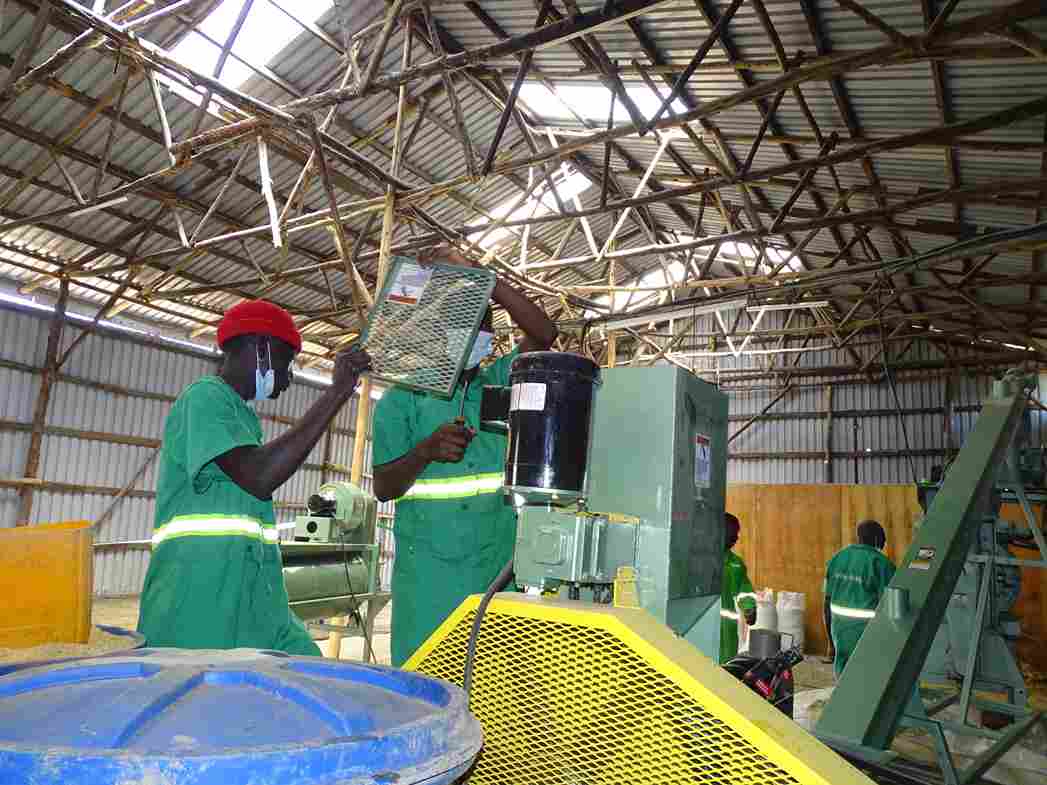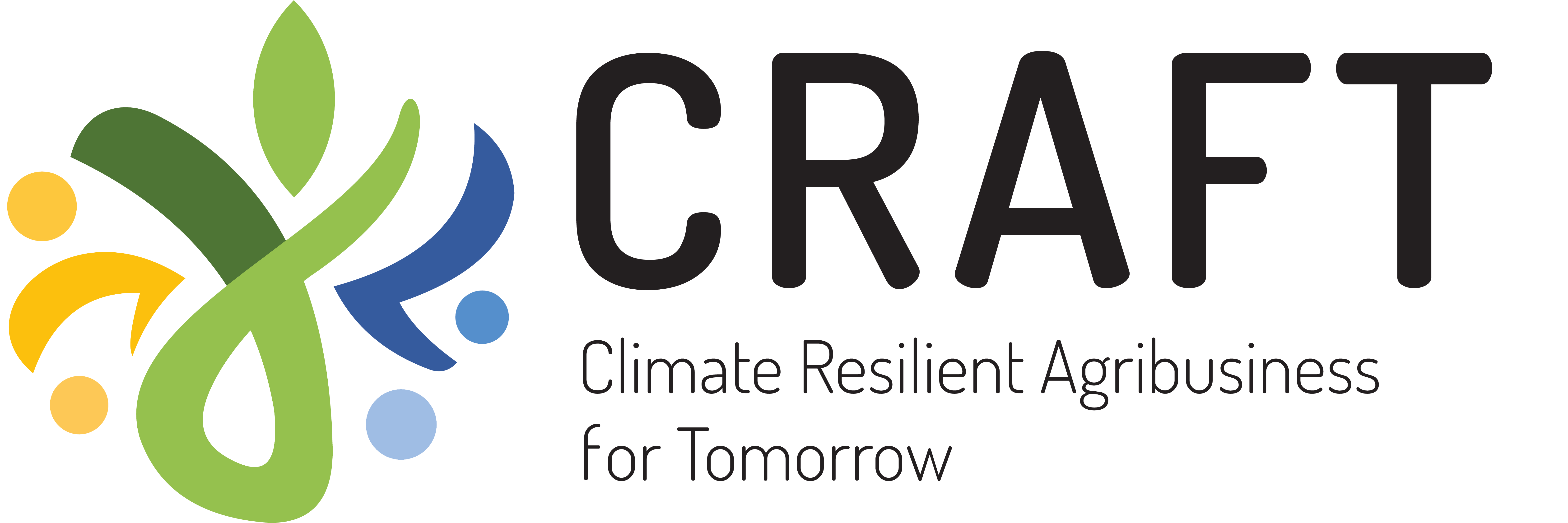However, mass adoption of these potentially game-changing agricultural approaches by small holder farmers is not happening at the expected rate in the continent, and this is partly attributed to barriers stemming from limited information and/or misinformation on their possible advantages, less training and limited resourses to scale out CSA practices and technologies in local communities.
In a bid to scale the adoption of proven Climate smart agriculture (CSA) practises and technologies, the Climate Resilient Agribusiness for Tomorrow (CRAFT) Project promotes the adoption of agricultural mechanization services such as tractor hire services for ploughing and ripping, mobile threshing, shelling technologies, as well as motorized sprayers among small holder farmers and Agribusinesses in Kenya, Tanzania and Uganda to improve farm productivity and incomes.
This is done through creating awareness about the value of the machineries, ensuring availability their availability by facilitating linkages of the developers and project supported food value chains, as well as increasing their affordability by negotiating flexible financing mechanism between small holder farmers, agribusinesses, and financial institutions.
Impact
Not only has the adaption of mechanised agriculture by CRAFT validated agribusinesses improved farm productivity and incomes, but also reduced farmer labour needs, especially for women in high climatic risk areas thereby saving time for other productive activities.
Additionally, it has supported gender inclusion since many young people have taken advantage of the productivity and employment opportunities it provides in different value chain nodes in the region.
One good example is AgriNet Uganda Limited, a business case that CRAFT is working with in Uganda, to scale out mechanisation in the soybean value chain.
With the support of CRAFT, AgriNet has been able to procure agricultural machinery such as motorized threshers, hematic grain storage bins, tarpaulins and of late, a Soybean Extruder Machine that processes over 6 tonnes of soybean grains in a day, into quality oil used for human consumption.
From the Extruder alone, AgriNet generated USD 23,000 more, from the previous season. Accordingly, the company was able to pay 4000 farmers who supplied the grains at a favourable price, compared to that of open markets/competitors.
For the next season (November), AgriNet also already contracted more 4000 farmers to grow enough soybeans that will meet its business ambitions.










